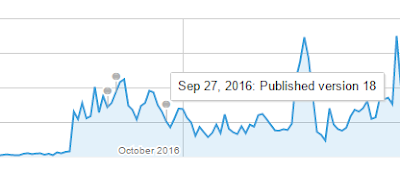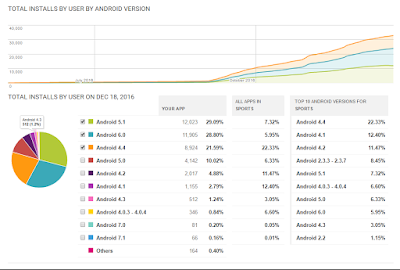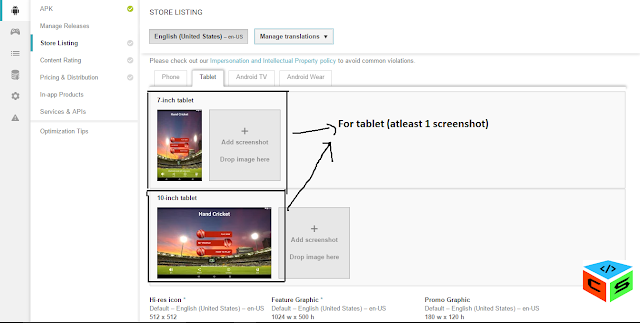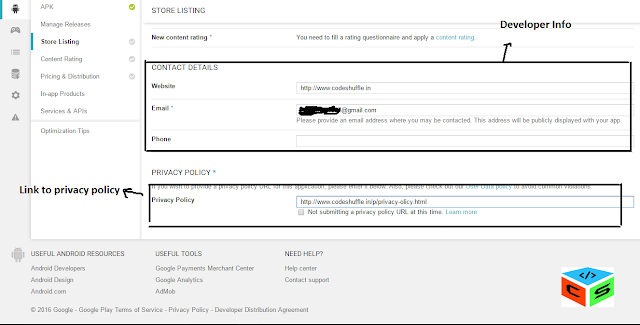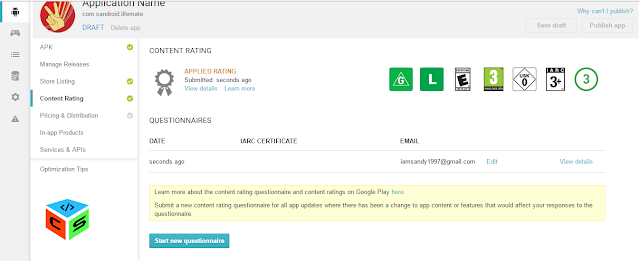In movies, the years around 2020 are usually shown as very futuristic, with incredible new technologies, humanoid robots, holographs, and so on. While we are still not quite there yet, some technologies, such as artificial intelligence and machine learning have already found a way into our lives, but in a much less dramatic way. For instance, Google has rolled out its machine-learning algorithm, called Rankbrain, less than two years ago, which has caused some changes in the SEO industry. Now, SEO specialists have become used to changes by now, since SEO has grown from simple keyword insertion and link building to providing great content, good user experience, and mobile friendliness, among other things.
In addition to RankBrain, which ranks as the third-most important SEO factor, there is also voice search. Those two alone have caused huge shifts in everyone’s SEO strategy, because you simply cannot ignore them. In order to help you navigate the ever-changing SEO landscape, we have analyzed all the ways in which machine learning will change SEO reality. Keep on reading.
1. Content Quality Will Become a Priority
Although this has been a claim for the past decade or so, it is about to become a reality. How so? Well, since 2015, Google has been testing a new AI technology called DeepMind. DeepMind analyzes natural language and enables AI to understand and learn like a human being. This means Google will pretty soon be able to tell whether your content is good or not. As SEOs, you should be less concerned about the technical aspects of SEO. Instead, you should focus on satisfying user intent. This means that your content need to give them the information or a solution they were looking for.
If your audience is diverse, your content will need to answer a wide range of problems for people which are vastly different, and are probably at different points of the purchasing process. This will not only affect the way you will need to phrase and write your content, but also how you will go about designing, linking, and structuring it, among other things. If your content does not succeed in this, AI algorithms will rank your page lower, probably within 24 hours.
2. Good User Experience Will Become Essential
Whereas the technical aspect of SEO will probably be of lesser importance in the future, user experience factors will definitely become more significant. Google currently analyzes factors like click-through rate and user engagement and views them as clear indicators of user experience. Higher click-through rates and engagement equal good user experience, but Google’s machine algorithm will continue to develop, which means they will be able to experience websites in the same manner as human beings do. As a result, artificial intelligence will be able to analyze user experience momentarily and rank it according to that.
According to SEO experts from MyMathDone, you will need to pay attention to UX weak spots. In addition to the two factors we have listed above, you will also have to make sure that your website’s loading speed is fairly quick. If a user has to wait for a long time in order to access your content, then Google will pick up on it and take it down a few notches in terms of ranking.
3. Links and On-Page Factors Will Not Matter as Much
Machine learning algorithms will be able to figure out a lot of stuff on their own. This means that factors like title tags, meta descriptions links, and alt text will not be as crucial as they are now. They won’t become irrelevant, but your SEO will depend on them a lot. You will no longer be able to come up with a strategy by going through a checklist of practices, which usually don’t include factors like content or design.
Google’s AI will also be able to identify websites which rely on black and gray hat SEO practices, and will either penalize them or remove them from the results altogether. Paid links will become easy to identify, as well. Even when it comes to organic links, which are the key ranking factor at the moment, the situation will be different. Because machine learning algorithms will be able to understand the content, organic links will no longer carry the same weight. Currently, they are more or less proof that your website features good content, but Google will be able to determine that on its own in the future.
4. Technical Aspects Will Be Handled by AI
Today’s SEO includes factors like sitemaps and robots.txt file, but in the next couple of years or so, it will become something that will be handled by machines. That isn’t to say that no human input will be required at all. Technical expertise will still be required, since Google is bent on having websites implement stuff like Accelerated Mobile Pages, voice search, and structured data. Voice search is blowing up right now, and if you want your content to show up inside the featured snippet, which is read by voice assistants, you will need to provide structured data.
Otherwise, AI won’t be able to do much without it. This means you will need to add a schema markup to your website. While that’s complex to do, you will see the benefits in the shape of better click-through rates and higher ranking. Technical knowledge will remain a plus, even though you won’t have to do all this technical stuff.
5. Visual Design Will Be More Valuable
Better design contributes to a more pleasant user experience in more ways than one. There is the subjective aspect of it, since people will perceive your brand or business as more reputable because of great design. But, there is the more palpable aspect, too. For instance, if you feature plenty of images, video, typography, or infographics on your website, they will become more engaged. Also, a subtle use of colors and formatting can make all the difference, especially on mobile devices.
6. You Will Need to Reduce the Number of Clicks
One of the things that counts toward a good user experience is least possible number of steps a user has to make before they can get what they came for. For instance, if you are having them jump through hoops in order to register to your website, they will most likely leave during the process. Also, you need to optimize your forms and online transactions, so that it takes only a couple of minutes for the user to finish the procedure.
7. Lower Costs
Lower costs usually mean good news, from a business point of view, but not if you are an SEO specialist in this case. Seeing as AI will be able to handle a lot of the SEO work on its own, less SEO personnel will be required. Communications will also become cheaper, as users will receive automatic emails, and read scheduled posts.
Conclusion
Thanks to machine learning algorithms, SEO is about to undergo its biggest change yet. While some of the technical stuff will become easier, it will become more difficult to provide a good user experience, and you won’t be able to outsmart algorithms anymore. But, as with any other new technology, there will be benefits you will be able to use to your advantage.






















